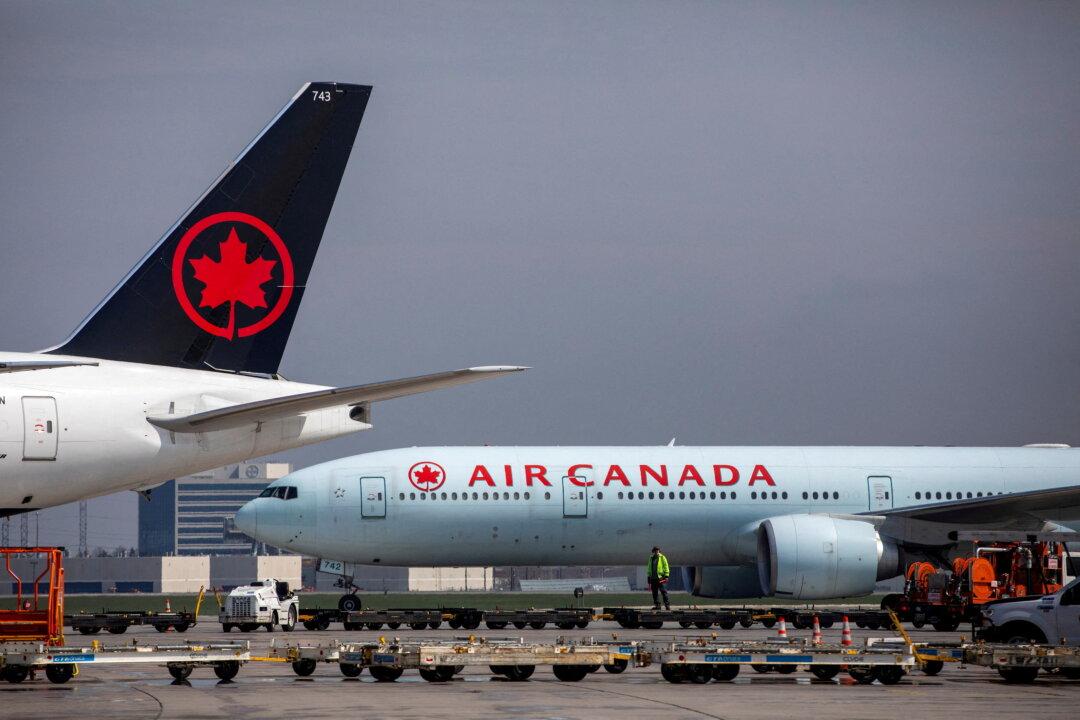The National Airlines Council of Canada (NACC) is criticizing Ottawa’s proposed new rules on responses to flight disruptions, saying they “fall short” of addressing Canadians’ concerns.
NACC President and CEO Jeff Morrison said the solutions recently proposed by the Canadian Transportation Agency (CTA) are costly and do not take the “complex” operations of airlines into consideration.





